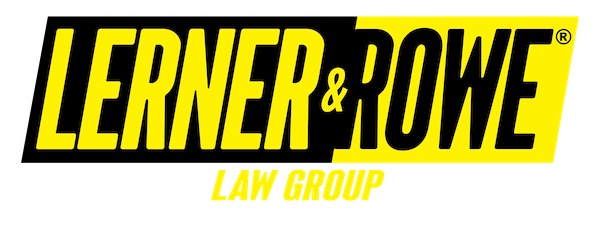Arizona Bankruptcy and Debt Relief Attorneys
Debt Piling Up? Get Help Starting Over!
Do you constantly find yourself falling farther and farther behind on past-due credit card balances? Do you owe back taxes? Are you avoiding phone calls for fear of being harassed by aggressive creditors and collections agencies?
Looking for a bankruptcy attorney in Phoenix, Tucson or Yuma?
If these scenarios sound all too familiar, you’re not alone! You do have financial options. You do not have to feel victimized anymore by increased expenses and a decreased household income.
Get help starting over and putting your life back on track! Contact our highly skilled attorneys directly at 602-667-7777 to learn more about your financial options.
When you do, don’t forget to ask us about a $0 down chapter 7 bankruptcy. You may find that this type of bankruptcy will help you reach your debt relief goals.
5 Ways Bankruptcy Protection Benefits You
When your debt keeps piling up with no end in sight, you can begin to feel overwhelmed. You may then seek out more information about alternative financial options to help provide debt relief, such as bankruptcy. It might surprise you that if you do decide to file for bankruptcy, you may be able to keep some of your personal property and get rid of a second mortgage at the same time.
Five ways that bankruptcy protection may help:
- End Harassing Calls from Creditors
- Delay/Stop a Repossession
- Delay/Stop a Foreclosure
- Stop Wage Garnishments and Liens
- Get a Fresh Financial Start
Debt Consolidation and Bankruptcy Attorneys Help You Stay Afloat
During tough economic times it is common for people to eliminate high credit card expenses, medical bills, and other debt through bankruptcy protection or debt settlement.
At Lerner and Rowe Law Group, our legal team has experience in all aspects of bankruptcy to include both Arizona Bankruptcy laws and at helping clients consolidate and/or eliminate debt and stay afloat.
Common contributing legal matters we assist with, include:
We are also experienced negotiators who go after the lowest possible repayment plans for our clients. This means that you will get control of your finances faster and back on your feet sooner.
Need credit counseling? We even provide credit counseling so that once you get control of your debt, you can start rebuilding your credit, and create a positive future.
Let us help you! Call, chat, or send us a case evaluation form today to schedule a free initial consultation with one of our Arizona bankruptcy attorneys.


